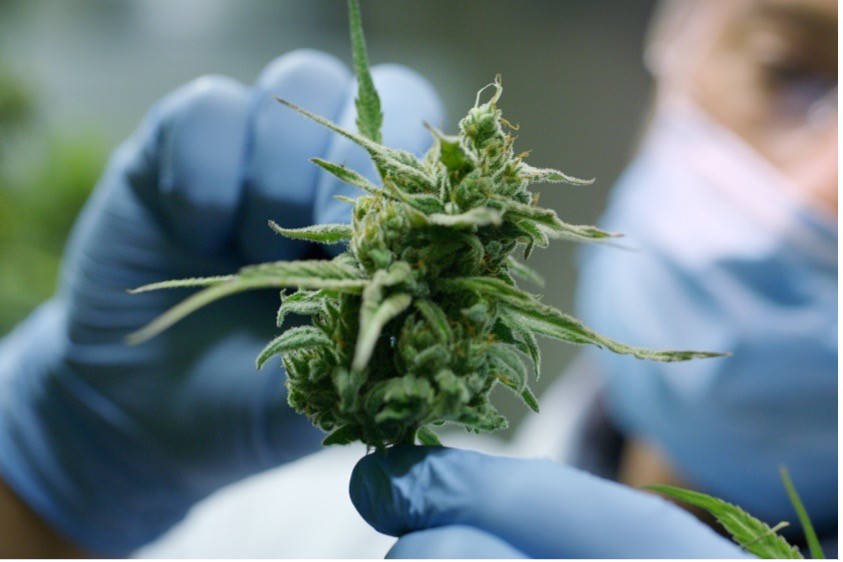The Delta-8 THC industry operates within a complex legal landscape, with regulations varying significantly across different regions. As the popularity of Delta-8 THC products rises, brands must adeptly navigate these legal frameworks to ensure compliance and sustainability. This examination delves into the strategies and challenges that delta 8 brands encounter as they strive to adhere to evolving legal regulations in various regions.
Strategies for Legal Compliance:
- Thorough Regulatory Research:
Successful Delta-8 brands invest time and resources in understanding the intricate web of regulations governing cannabinoids. This involves staying updated on federal, state, and local laws that may impact the production, sale, and distribution of Delta-8 THC.
- Engagement with Legal Experts:
Many brands seek legal counsel or employ in-house legal experts to interpret and apply complex regulations to their operations. This proactive approach helps in creating compliance strategies tailored to specific jurisdictions.
- Transparent Product Labeling:
To comply with regulations, Delta-8 brands prioritize clear and accurate product labeling. This includes providing information on Delta-8 THC content, sourcing, and any relevant disclaimers to ensure consumers are well-informed.

- Quality Assurance Protocols:
Adhering to strict quality assurance standards is crucial for legal compliance. Brands implement robust testing procedures, often using third-party laboratories, to verify cannabinoid content, detect contaminants, and ensure product safety.
- Adaptability to Legal Changes:
Given the evolving nature of cannabis regulations, successful Delta-8 brands exhibit adaptability. They establish mechanisms to swiftly adjust their operations and product offerings in response to changes in legal requirements.
Challenges in Legal Compliance:
- Inconsistency Across Jurisdictions:
The lack of uniformity in Delta-8 THC regulations poses a significant challenge. Brands must navigate varying legal frameworks, creating a complex environment that requires careful consideration of regional nuances.
- Uncertainty in Regulatory Direction:
Rapid shifts in cannabis legislation, both at the federal and state levels, contribute to uncertainty. Delta-8 brands face the challenge of anticipating and preparing for potential legal changes that may impact their business models.
- Financial and Operational Impacts:
Achieving and maintaining legal compliance often requires financial investments in testing, legal counsel, and operational adjustments. This can impact the bottom line for Delta-8 brands, especially smaller businesses.
- Educating Consumers:
Brands must also engage in educating consumers about the legal status of Delta-8 THC products. Clear communication helps manage expectations and avoids potential legal pitfalls related to consumer misunderstandings.
Conclusion:
In the ever-evolving landscape of Delta-8 gummies, legal compliance stands as a cornerstone for sustainable business practices. Successful brands not only navigate the complexities of diverse regulations but also proactively engage with legal strategies that prioritize transparency, quality, and adaptability. As the legal framework surrounding Delta-8 THC continues to evolve, brands that can adeptly balance compliance with innova













